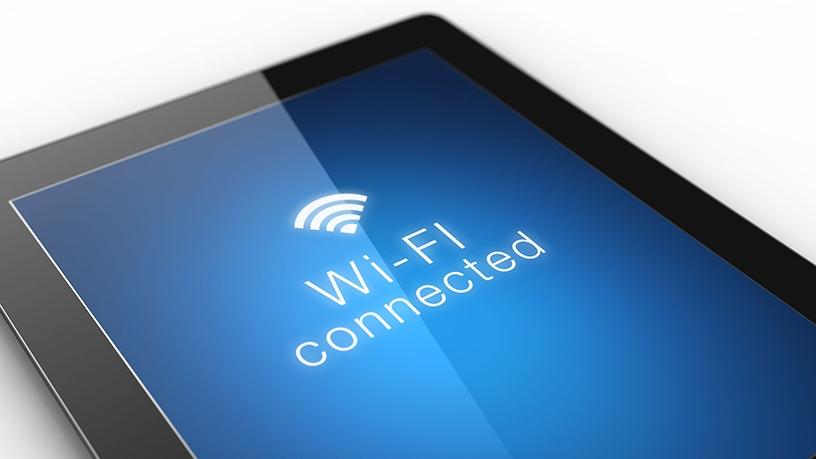
Most large businesses do not mind paying more for a high-quality WiFi service that comes with consistent maintenance and support, proving that WiFi has become mission-critical in the corporate environment.
This is one of the findings from the 2018 WiFi in South Africa report released this week in light of World WiFi Day on 20 June. World WiFi Day is a global initiative to help bridge the digital divide. It was established by Wireless Broadband Alliance, under the leadership of the Connected City Advisory Board.
According to the study, 94% of respondents ranked quality of WiFi connection as the most important factor, followed by speed and constant connectivity (both ranked at 92%), while 81% ranked price as important. Ninety-three percent of respondents said all four factors were equally important.
"The research reveals the growing importance of WiFi for both business use and local smart city project roll-outs. It is a common misconception that, when making a purchasing decision, businesses consider the low cost of a provider's service above all else. This study shows that this is untrue for WiFi services," said Arthur Goldstuck, managing director at World Wide Worx.
The business technology research firm was commissioned by Ruckus Networks Sub-Saharan Africa to conduct a survey on South African sentiments regarding WiFi. A total of 106 large (100 or 200 staff members) local companies participated in the research, with an additional sample of 20 small and medium businesses (up to 100 employees) also being interviewed to give an overall view.
Critical connections
The research found that most small and large businesses consider the need for WiFi access everywhere as paramount.
"We found that 97% of corporations and 95% of small businesses use WiFi internally, with over half of these respondents stating the need for WiFi access everywhere as very important. This statistic indicates that WiFi has become critical to employee activity and further demonstrates the trends for small businesses are in line with larger enterprises," stated the report.
Continued Goldstuck: "While the need for WiFi is growing, there are still a few hurdles that SA needs to overcome if we are to truly reap the benefits of pervasive connectivity. Despite the enthusiasm for pervasive WiFi, local large businesses limit out-of-office use, solely depending on in-house use.
"Half of the respondents said their entire staff are using WiFi internally, with the rest reporting a sliding scale. External use, on the other hand, flipped this trend around, with 59% saying they did not allow external use of WiFi to access the corporate network, with a sliding scale declining to 13% saying they allowed all staff to access the network from external WiFi," he noted.
Riaan Graham, sales director for Ruckus Networks, Sub-Saharan Africa, said that there is much work to be done if SA is to move forward in terms of digitalisation and connectivity.
"There are a few areas that need to be addressed if we are to truly overcome the challenges we have and reap the rewards of affordable connectivity. These include infrastructure and regulation, cost and a sense of duty and willingness to collaborate to achieve desired outcomes.
"Almost no country has the luxury to say that they have enough infrastructure to provide for the exponential growth of digitalisation, inter-connectedness and interdependency of technology and people.
"I do, however, think we are moving in the right direction, but we are not there yet. There is still much to be done to ensure connectivity penetration is increased, and not only that, that it is done at an affordable rate. The current telco-based solutions are not working and coupled with regulation there is still much work that needs to be done if we are truly to move forward in terms of digitalisation and connectivity."
The research found that larger corporations have clearer defined needs and usages, unlike their smaller counterparts.
"With regards to usages, 86% of large businesses stated that they predominantly use WiFi for IOT security and monitoring, while 80% said it is used for connection to the intranet and 70% highlighted the use for cloud integration and adoption. Ninety-five percent of the small businesses said they use WiFi predominantly for connection to the Internet and intranet, followed by cloud adoption and IOT integration," concluded Goldstuck
Share